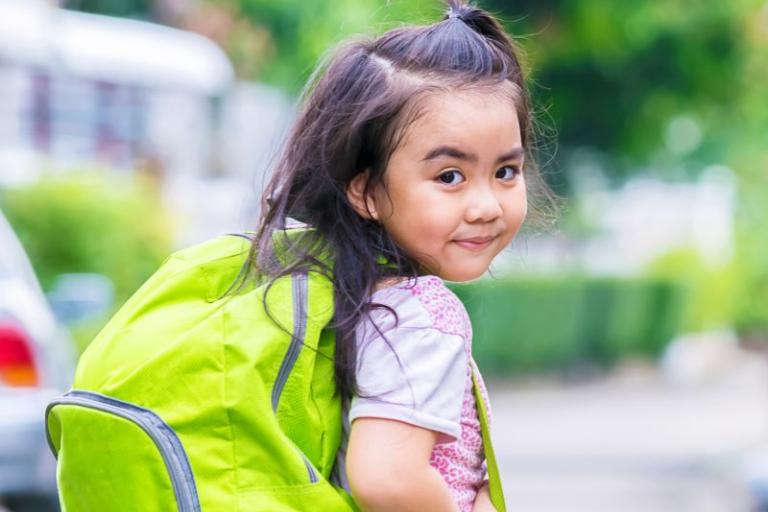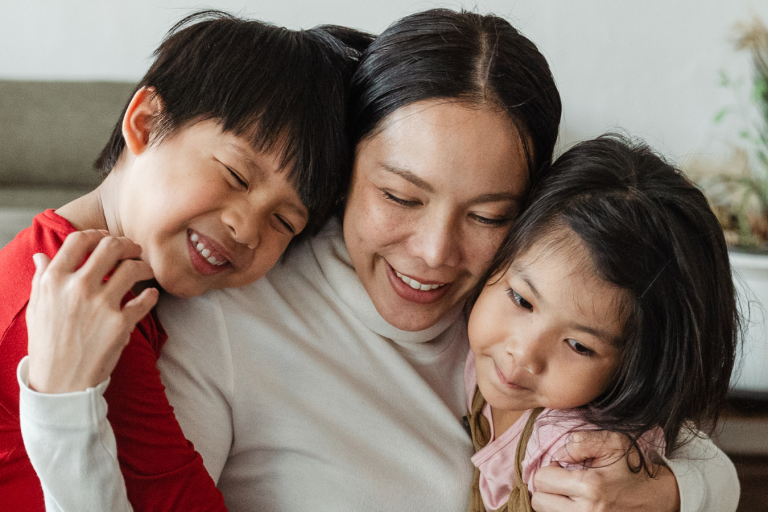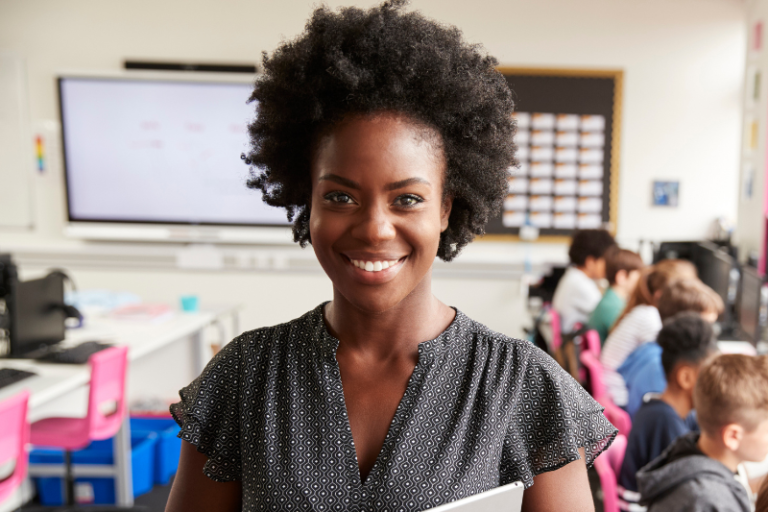SEND events and activities.
Local Offer
Welcome to Haringey's Local Offer!
The Haringey Local Offer provides information and support for children and young people aged 0-25 with special educational needs and/or disabilities (SEND), their families, and the professionals who assist them.
Our website includes details on Education Health Care Plans (EHCP), specialist teams, travel assistance, and resources to help young people prepare for adulthood.
Additionally, you can find information on local events and many other services available in Haringey. The Local Offer aims to make it easier for everyone to find the support and opportunities they need.
What's on
News
Read the latest news, updates and articles
About the SEND Service
Learn about the SEND Service, the Local Offer and contact the team.
SEND Directory: support and resources
Search our SEND directory for resources, services, and support based on age, need, and type of assistance.


Children and young people's health


Contact
Newsletter




